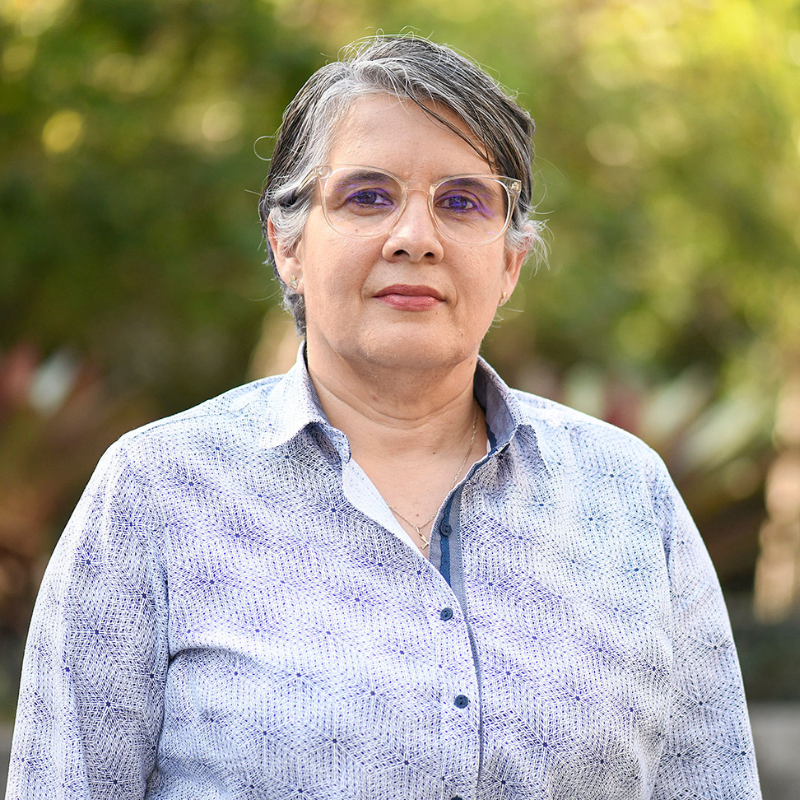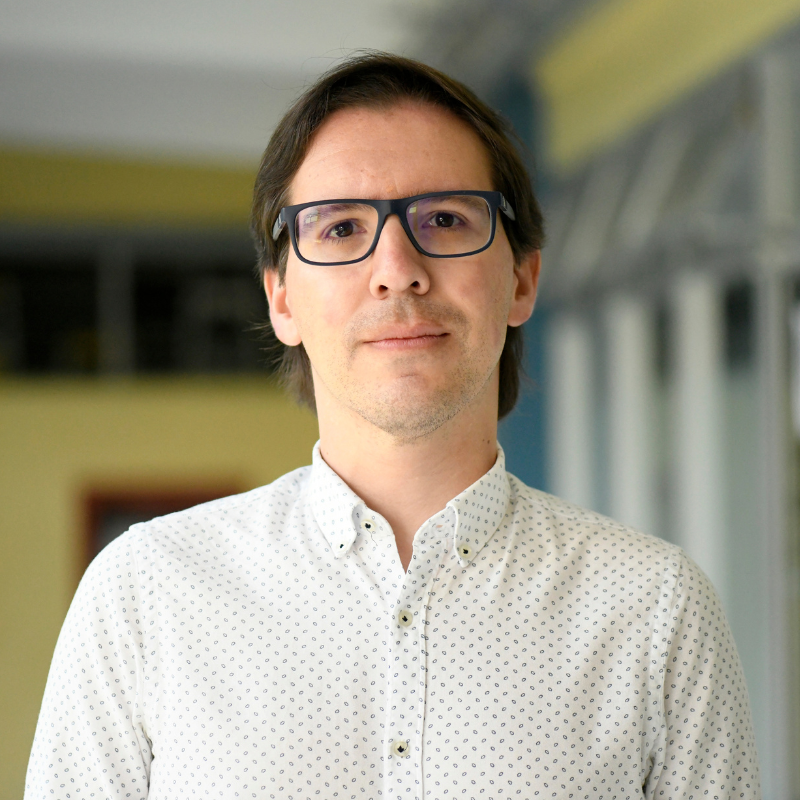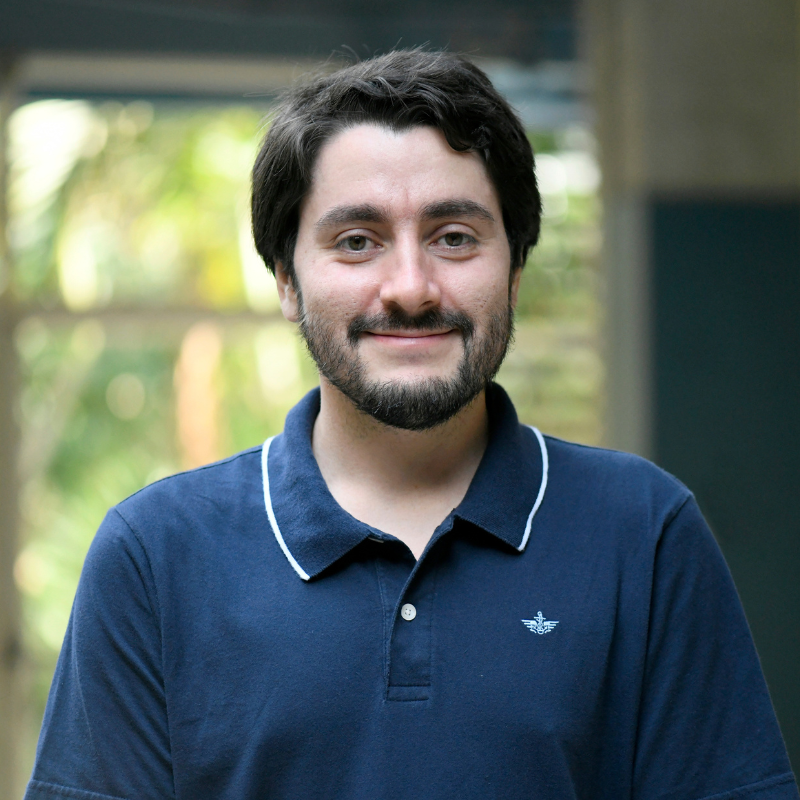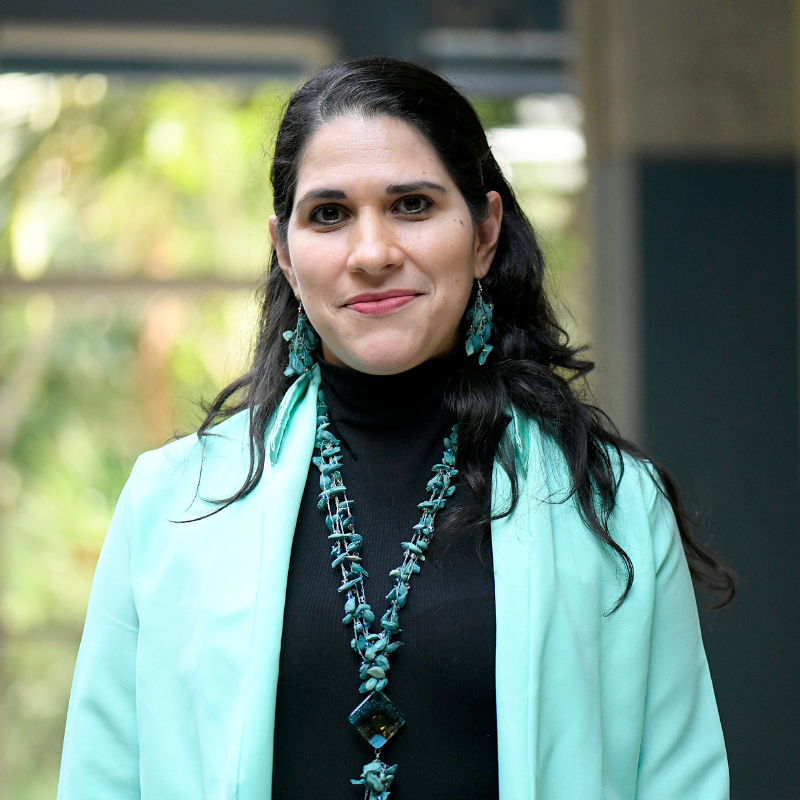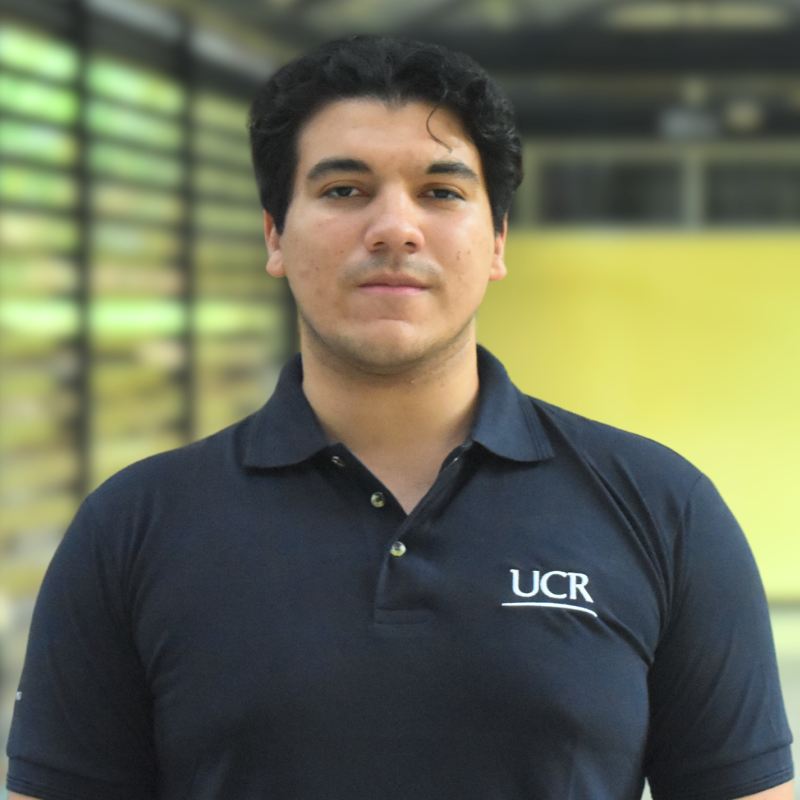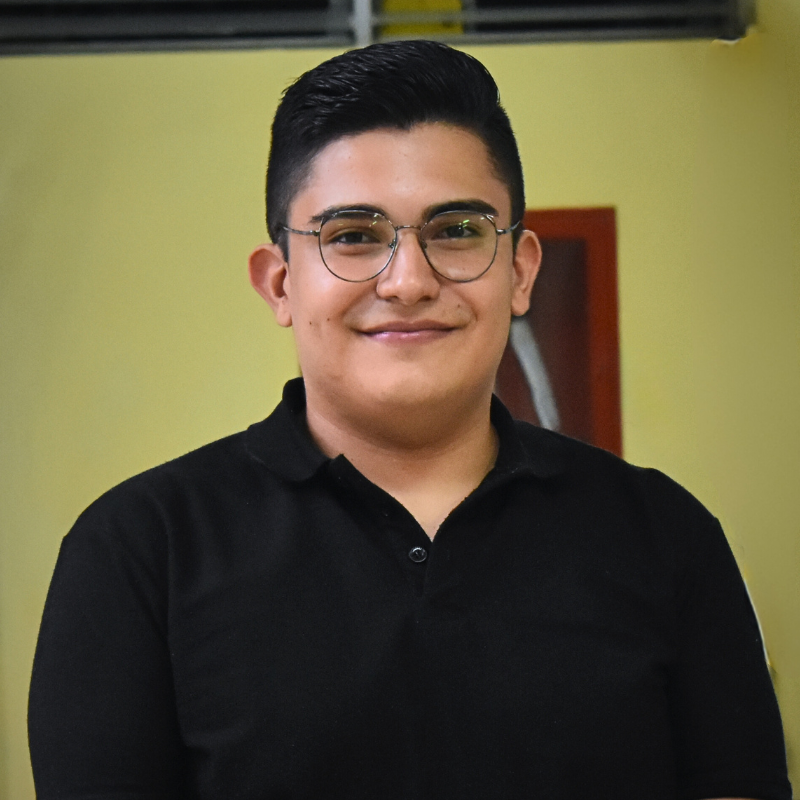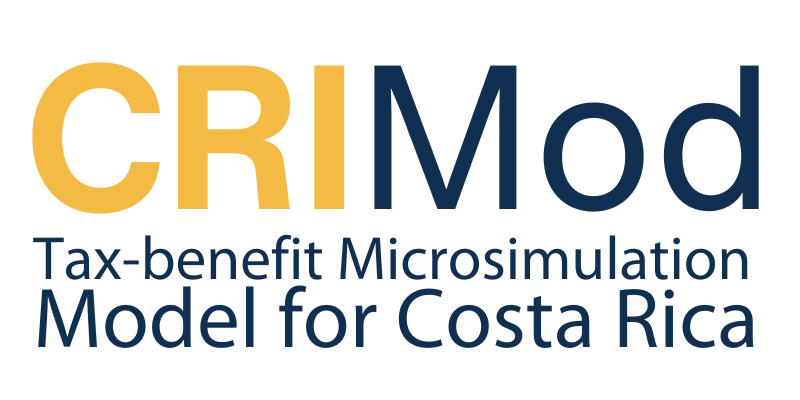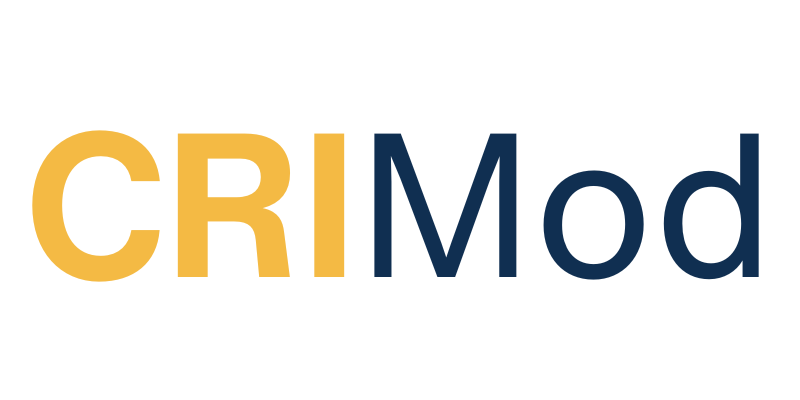¿What is CRIMOD?
CRIMOD is the tax-benefit microsimulation model for Costa Rica, based on the EUROMOD platform. The model allows for the simulation of prospective changes in the policies that govern taxes and benefits, and the effect of those changes on the income of Costa Rican households. It also makes it possible to define and evaluate counterfactual scenarios of the policies implemented to analyze possible improvements in their design. CRIMOD currently uses data from the 2019 and 2022 National Household Surveys (ENAHO) conducted by the National Institute of Statistics and Census (INEC), with additional years to be added in the future.
The current version of CRIMOD includes the tax-benefit rules for 2019-2022, which allow for the simulation of the tax on wages and pensions, the tax on profits of physical persons, social insurance contributions for employees and the self-employed, non-contributory pensions, and conditional cash transfers program Avancemos. This first version of CRIMOD was developed with the support of H. Xavier Jara of the International Institute of Inequalities of the London School of Economics and Political Sciences and David Rodríguez of the Faculty of Economics of the Universidad Externado de Colombia, with whom we maintain a permanent collaboration.
CRIMOD is freely accessible for non-commercial research use, and is especially useful for students, researchers and policymakers.
¿What is CRIMOD used for?
The EUROMOD platform, on which CRIMOD is built, allows for the estimation of poverty, inequality and redistribution effects of the tax-benefit system under current, former or future conditions, as well as their impact on public budgets. The harmonization of the input microdata for individuals and households, and the standardization of the rules, create a framework of analysis that’s comparable between countries, and allows for the rapid implementation of diverse policy scenarios.
CRIMOD could answer questions such as:
● ¿What is the cost of modifying the eligibility rules of an existing cash transfer or creating a new one?
● ¿What is the impact on inequality of adding a new income tax bracket with a higher tax rate?
Access to CRIMOD
To request access to CRIMOD, read carefully the “CRIMOD Terms of use” and fill out the “CRIMOD Access request form”. Send the form to info.crimod@ucr.ac.cr, where your request will be processed.
Documents of interest
EUROMOD (EN)
Tax-benefit microsimulation model for the European Union
User Manual (EN)
SOUTHMOD User Manual (EN)
EUROMOD Software
EUROMOD Software download (EN)
User manual (ES)
ECUAMOD User Manual (ES)
EUROMOD Help
EUROMOD Help file (EN)
Conventions
EUROMOD Modelling Conventions (EN)
CRIMod Team
